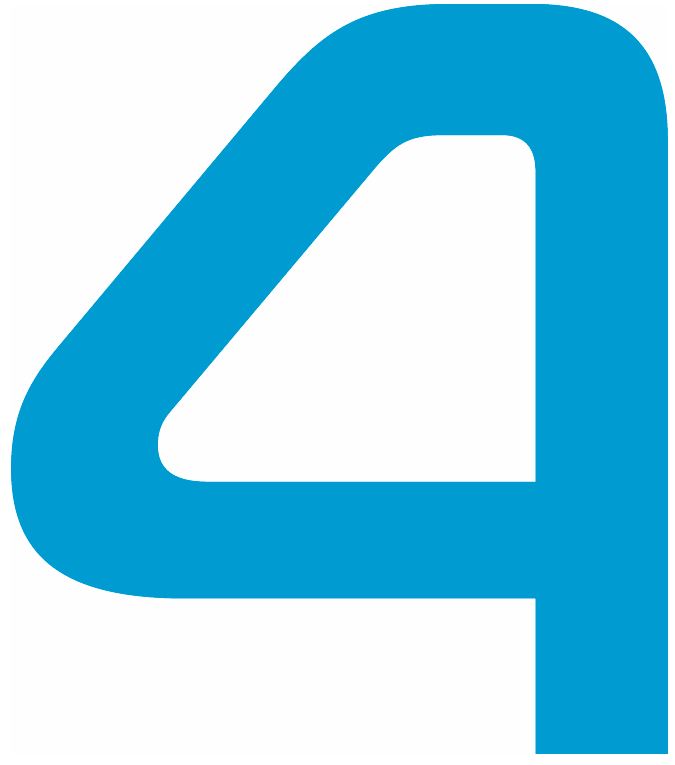FTI Consulting News Bytes
Another jam-packed week in the world of technology, in this edition of News Bytes, we commence by looking into why fintech startups have failed to unseat traditional UK banks, despite their widespread uptake. China’s semiconductor industry shows no signs of slowing down as it closes its third state-backed investment fund to further reduce its reliance on outside providers. Across the pond, Earth Fire Alliance are proliferating new satellite technologies to tackle the increased threat of wildfires. Next, you didn’t think we’d only touch on AI once? Elon Musk’s latest startup, xAI has raised $6bn bringing its value to healthy $24bn. Lastly, we look at the latest newspaper to succumb to dwindling physical paper readers, as the Evening Standard announces its daily print edition will be going weekly.
This week’s news
 Why fintech upstarts have failed to unseat UK banks
Why fintech upstarts have failed to unseat UK banks
Most of us have at least on digital bank account now – be it Monzo, Revolut or perhaps Starling. Yet, few of us exclusively bank with the fintech startups. A decade since they burst onto the scene, they may have succeeded in setting a new standard for how digital banking should be done, but they’ve failed in migrating the masses away from traditional brick and mortar banks, the Financial Times reports. Traditional high street banks have upped their game by upgrading their own digital banking services resulting in the use of mobile banking apps increasing 27% since 2015 – whilst critics say that consumers use neobanks as a “convenient payment management service”, rather than a replacement. Aside from their inability to convince users that it is sound to exclusively bank digitally, the nascent institutions are being tested in a downturned market. Once the kings of venture capital attraction, with the sector raising $102 billion in 2021, the cash is drying up, but the speed at which they burn through it… is not slowing down.
China’s $47B semiconductor fund puts chip sovereignty front and centre

China has closed a third state-backed investment fund to strengthen its semiconductor industry and further reduce its reliance on other nations, both for using and manufacturing wafers in a bid to prioritise chip sovereignty, according to Tech Crunch. The fund, colloquially known as ‘the Big Fund,’ is larger than both previous funds combined, totaling $47.5 billion. Exceeding expectations, the size of Big Fund III reinforces China’s hardline goal to reach self-sufficiency in semiconductor production. Notably, it is also a reminder that the chip war between China and the West goes both ways.
 Can satellites combat wildfires? Inside the booming ‘space race’ to fight the flames
Can satellites combat wildfires? Inside the booming ‘space race’ to fight the flames
As our world continues to heat up, the threat and reality of wildfires worsens. In a bid to combat this, a new approach is being taken by a roster of big names, government groups and nongovernmental organisations to proliferate new technologies to tackle humanities biggest problems, the LA Times reports. Among them, Earth Fire Alliance, a global nonprofit coalition has revealed its plans for a constellation of more than 50 satellites, known as FireSat, that’ll scan the globe every 20 minutes in search of wildfires. Set to become orbital in 2026, the first three satellites will be capable of detecting signs of fires through clouds, smoke, darkness, and extreme sunlight. Described as a game changer, the data will transform the way we approach resource allocation and better inform how we fight wildfires which are set to increase 30% by 2050.

Elon Musk’s AI start-up raises $6bn in funding
xAI, the artificial intelligence start-up with bold ambitions to challenge OpenAI and Google has raised $6 billion from investors including Andreessen Horowitz and Sequoia Capital, giving it an estimated valuation of $24 billion, according to The Times. The fundraise is poised to bring xAI’s first products to market, build its infrastructure and accelerate its research and development of future technologies. Although not yet revealed, the products are expected to be built in line with Musk’s vision of creating a tool “beneficial for all humanity” that will provide us the scope to “understand the true nature of the universe”.
 London’s Evening Standard axes daily print edition
London’s Evening Standard axes daily print edition
The Evening Standard newspaper is going weekly as readership figures continue to drop, according to BBC News. The proliferation of work from home and the availability of wi-fi on the Tube were among the factors cited as having harmed the publications fortunes, costing it £85.5 million in the last six years alone. We are entering a new era of news consumption where even the availability of free news is no longer a sufficient pull to get the masses to pick up a paper.
Top Tweets of the Week
- Poonam Soni, Technology Thought Leader: Goodbye Photoshop, Canva Create is here and it’s INSANE. Here’s 13 Canva features you should not miss
- Mark Kleinman, Sky News City Editor: Exclusive: Klarna has removed the right of its founders to block investors from trading shares in the buy now, pay later giant, as part of the establishment of a new UK holding company which paves the way for a $20bn US flotation in the early part of 2025
- Andrew Griffith, Minister of State for Science, Research and Innovation : This govt has delivered massively for UK science and tech: global talent visas, increased funding even despite war and capital markets reform. London retains title as tech capital of the world as Oxford and Cambridge close in on New York.
Number of the Week
10 million – How much Klarna has cut its marketing costs by as a result of generative AI

 Why fintech upstarts have failed to unseat UK banks
Why fintech upstarts have failed to unseat UK banks
 Can satellites combat wildfires? Inside the booming ‘space race’ to fight the flames
Can satellites combat wildfires? Inside the booming ‘space race’ to fight the flames
 London’s Evening Standard axes daily print edition
London’s Evening Standard axes daily print edition 


